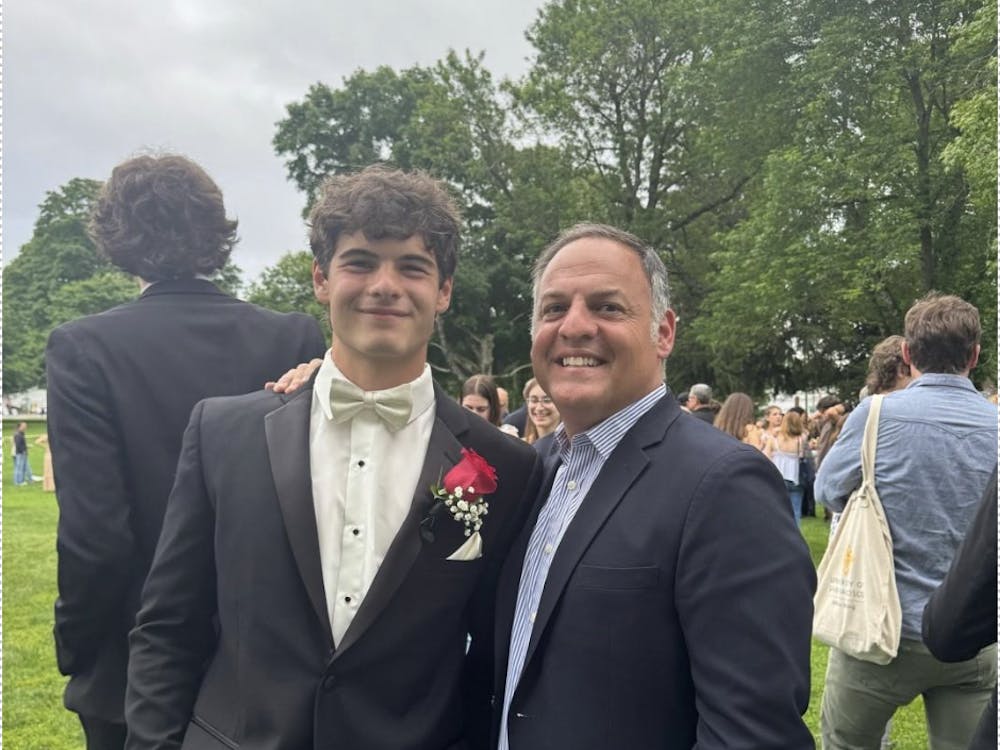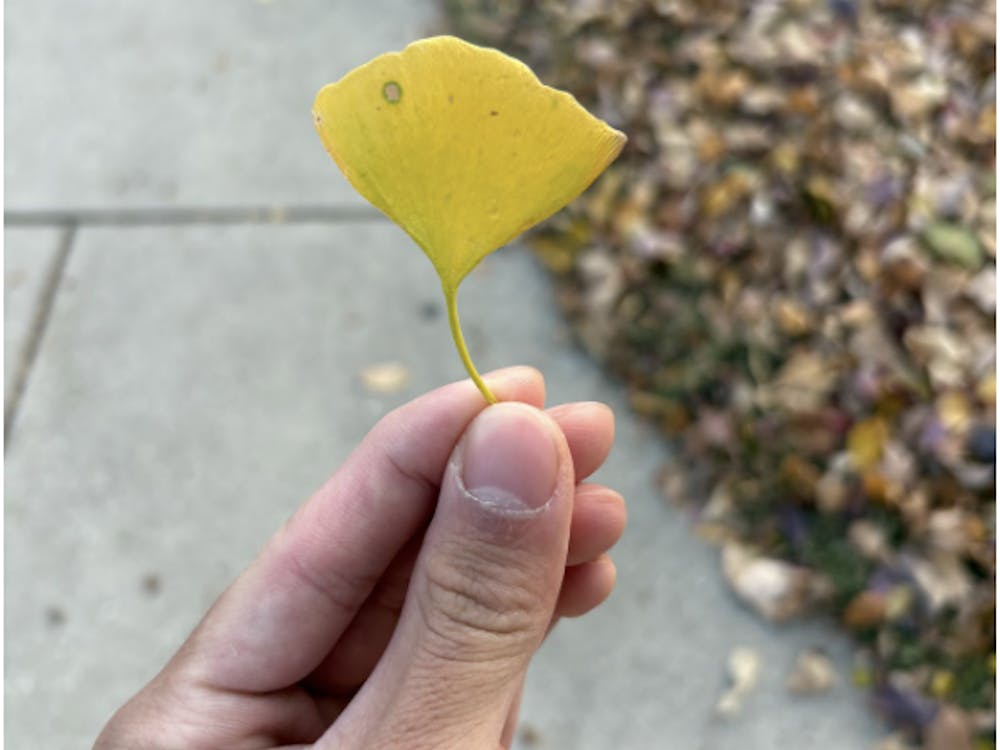
It’s tough to figure out a plan for your life: It involves risk, decisiveness and commitment. Hopefully the following points give you a good starting place in helping you figure out what you want to do with your life, but know that the process is highly subjective. Only you can know what you want to do with the rest of your life, and no one can give you those answers.
First of all, explore. This is where risk-taking comes into play: If you only do one thing with your life (like take all engineering courses), then you may not know if you’re missing out on something. Whether you’re dispassionate about your field or you love your major but are not sure how to apply it career-wise, exploring can help you with this decision.
Let’s talk about dispassion with your own field. If you haven’t tried a lot of things, you may not have found anything you’re passionate enough to spend the rest of your life doing. Besides, even if you end up hating these experiences, at least you’re learning about what you don’t want to do with your life, and that’s equally helpful to know. So exploring different options can be key to figuring out what you want to do with your life.
You can explore possible passions through taking classes in new areas. Alternatively, you can also explore new things through your friendships, your own adventures, work and internships, or volunteer opportunities. Try getting involved in things your friends are passionate about. Try going somewhere new. Try working in different fields (for example, I thought I was sure of what I wanted to be until I spent three months one summer working in that field and changed my mind). Try volunteering in new settings; maybe help out with children, work at an animal shelter, join an acapella group or help geriatric patients in a hospice center. All of these examples help you get out of your comfort zone, which can help you decide what you want to do with your life. You may find something new you love, or you may miss your own field and decide — with more confidence — to return to it.
Exploring can also be useful if you love your major but are not sure how to apply it career-wise. For example, if you are a Biology major and love it but are not sure whether to go into research or medicine, spend time with both options and see how you feel. Exploration is an investment of time, so try to look out for how you feel while doing different things.
Second, figuring out what you want to do involves decisiveness. This can also be seen as following your gut, to a certain extent, since you need to be passionate about whatever you’ll do with the rest of your life. In this way, saying no to things that you don’t enjoy is critical. Allow yourself to discontinue anything that does not bring you joy. This is not to say there won’t be challenges, just that whatever you choose to do with your life should bring you more joy than it does aching.
It seems dumbed-down to say, “Don’t do things you don’t enjoy,” but many people don’t follow this advice. It’s harder than it sounds. A lot of people often wonder about the what-ifs; for example, what if I decided to go into law and not medicine? Would I be more successful? What-ifs can be scary, but ultimately you make choices for a good reason, and what matters more is what you do, not what you could have done. Additionally, a lot of people often feel pressure to follow a certain career which can keep you on a path that’s not right for you. The classic Hopkins example would be someone’s parents wanting them to become a doctor. If the student’s passions lie elsewhere, they’ll likely be happier following their own path. It can be daunting, but the student — not their parents — is the one who needs to get through medical school. Ultimately, you are the one who has to live your life, not anybody else.
Finally, I want to get to the commitment aspect of “not knowing what you want to do with your life.” Although it often feels as though we set our futures in stone, we very seldom do. You are free to change your mind! It may seem as though other Hopkins students have it figured out, but few of us do. We are all still changing our minds. You can switch majors at Hopkins if you so desire. If you graduate with one major (like English) but then decide you want to go into another field (like medicine), there are options for that. Hopefully understanding that you don’t need to know what you want to do with the rest of your life, since it’s likely to change anyway, is reassuring. This way you’re focusing on what drives you in the present, not on marrying yourself to a career.




